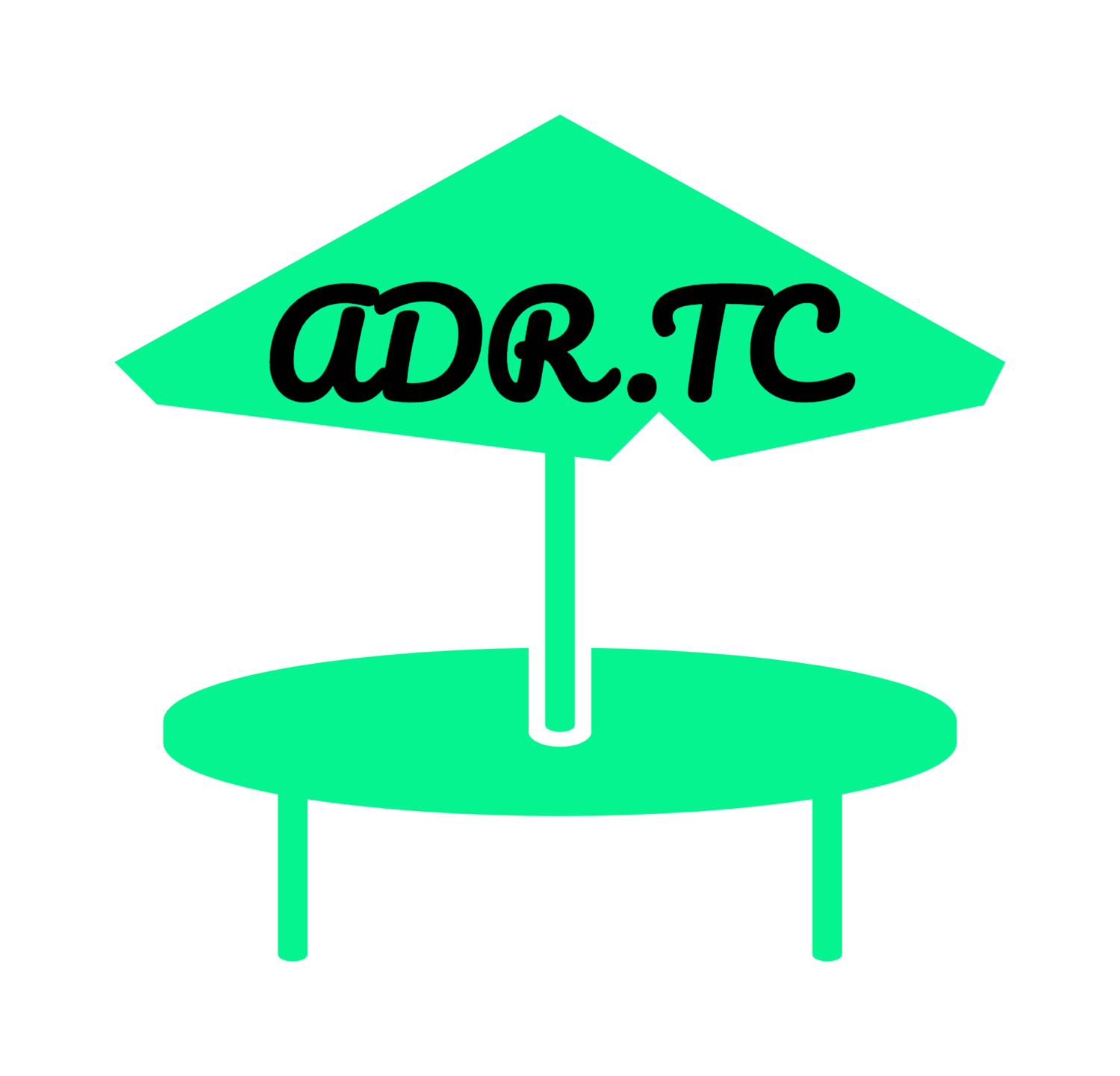ADR Choices - When To Choose Binding Arbitration
Arbitration is the form of Alternative Dispute Resolution or ADR that remains when settlement options have failed and the parties require someone to decide the merits of their dispute. Settlement can still take place during arbitration but if it does not the Arbitrator will decide the dispute with binding arbitration. The decision of an Arbitrator is final and binds the parties who are required to obey it. Mediation is an interest based alternative dispute resolution process and the outcome tends to be win/win which is much more desirable than binding arbitration but not always attainable. Court is usually an option where a decision has to be imposed on parties to a dispute, but there is an ethical obligation on lawyers to consider ADR including Arbitration. There is certainty and finality in the arbitrator’s award and it is enforceable just like a court judgment. The Arbitrator is the Final Arbiter. Despite that, most matters, which proceed through binding arbitration, settle before the arbitrator renders a decision. While binding arbitration is usually less costly than court it is still the most costly of ADR processes and that is probably a major factor in encouraging settlement. Probably more important in encouraging settlement is that the parties see how their case is turning out during the process and having a better sense of the outcome see the merits in settlement. This is the same factor, which leads to most civil court cases settling at or during the trial stage. The parties need to be reminded continuously that they have a right to settle at any point prior to the decision and even after the decision a workable compromise can be reached to prevent further problems or avoid any appeal or review of the arbitrator’s award.
The pressure of an impending decision makes binding arbitration, as a form of Alternative Dispute Resolution or ADR, an excellent one to encourage settlement. A wise arbitrator knows that if the parties settle during the process that is a good outcome. The arbitrator should encourage settlement discussions when the time appears appropriate and assist to a limited degree by facilitating. The arbitrator must carefully avoid personal involvement in settlement negotiations or revealing how their own decision making process is progressing to maintain their ability to make an impartial decision after hearing all of the evidence.
If Alternative Dispute Resolution is how you wish to proceed rather than through court, planning a series of ADR steps including mediation and arbitration is an effective way of increasing odds for settlement. If settlement is not achieved the dispute will still be resolved with certainty and finality with an arbitration award.
Comparing arbitration to court the main perceived difference is speed. People expect to spend years in court and expect arbitration to be a speedy and decisive process. In Ontario civil courts are especially backlogged in the City of Toronto. Arbitration, however, is not always faster. There is potential for prolonged discovery and extended preliminary proceedings in arbitration under Ontario’s Arbitration Act and so speed is not a certainty. Obstructionist tactics can delay the arbitration process perhaps more than they can a court case. With co-operation and clear deadlines for steps in the process arbitration will be a speedy and cost efficient process. It may still cost more than court because there are no free courtrooms, reporters and judges in arbitration. With three arbitrators instead of one, your costs for deciding the dispute by arbitrator’s award will almost certainly exceed the cost of going to trial and obtaining a court judgment. It does not make sense to use a panel of three arbitrators unless a large amount of money is in dispute.
If the parties can co-operate to the extent of agreeing on a fair process and streamlining procedures they can write their own rules for the entire arbitration process with their own deadlines, timetable and hearing format. Normally the conduct of arbitration is less formal than a court trial. Without agreement the process is in the hands of the arbitrator and the reasonably good rules in the Arbitration Act to regulate the process.
Arbitration is a private process, which makes it highly suited to business partnership disputes, personal matters and matters otherwise requiring confidentiality. It is also the best way to resolve international disputes involving people and businesses in different countries. Nobody wants to go to court in another country where they fear there will be a bias to the party from that country. With international arbitration you can have a neutral site for the proceedings and use ADR practitioners who are also from different countries and more clearly neutral in deciding the dispute.
If the parties can place their trust in a person to decide their dispute they are far ahead of the court system, which imposes a judge for trial and preliminary steps by means of a random process. With a technical dispute the expert arbitrator is far better equipped than any judge of lawyer to fairly consider the merits and make a decision. If legal questions are in issue the parties are well served by an arbitrator who is an expert in the area of law involved. For findings of fact based on credibility the court may be the best option.
Once the arbitrator has ruled the process is usually over with an order that has the enforceability of a court judgment. There is only a limited right of appeal of arbitrator’s awards, which the parties can agree to reduce or if they prefer extend. Safeguards exist for court review of the outcome related to fairness of process and not the merits of the decision.
If parties are unable to settle through alternative dispute resolution, arbitration is ADR’s way to ensure finality.
